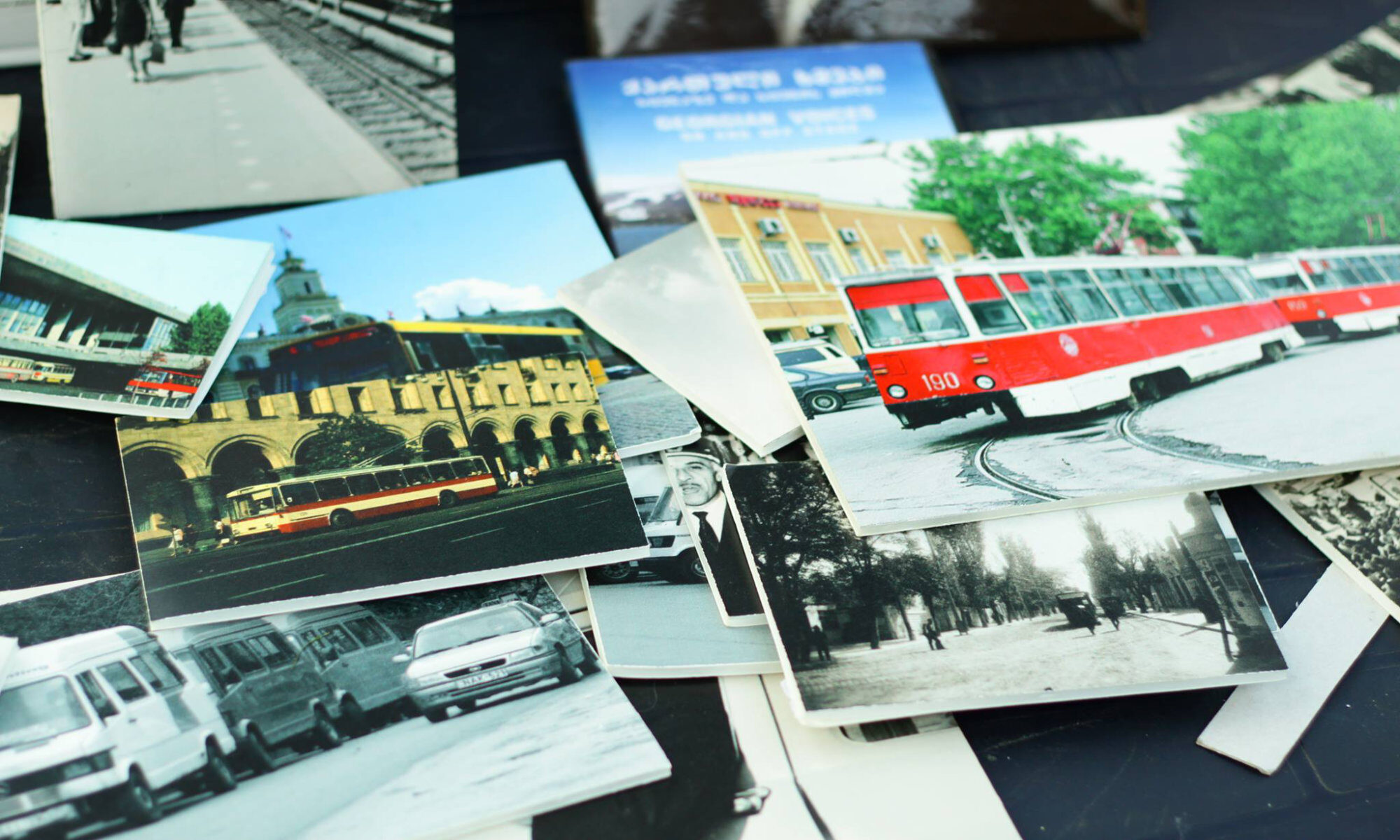In the scope of the PUTSPACE project at IfL, Lukas Adolphi, Wladimir Sgibnev and Tonio Weicker published an open-access article on their research and cartographic visualizations on alternative mobility offers or so-called microtransit in Germany in the Journal of Transport Geography.
The paper discusses the role and possible impact of microtransits within mobility transitions through analyzing its hybrid nature in between car-usage and public transport in connection with its further potentials, limitations and corporate structures. The authors dive deep into the current status of microtransit distribution and trends. It is taken into consideration that any growth in this field of mobility happens rather slow and is subject to several limiting factors, so that project initiations rely heavily on experimental clauses by local governments and the existing forms of microtransit are rather diverse, small-scale and cater to very different groups of citizens. Going from there, the article aims to frame a future perspective of microtransit in Germany and sheds a light on this mobility phenomenon with all its struggles and promises through a unique methodology and via providing the first officially published, nationwide mapping in this form of all known microtransit offers.
Read the whole article here.
The interactive version of the mapping, initially published by Wladimir Sgibnev and Lukas Adolphi at Nationalatlas Aktuell can be found here.

